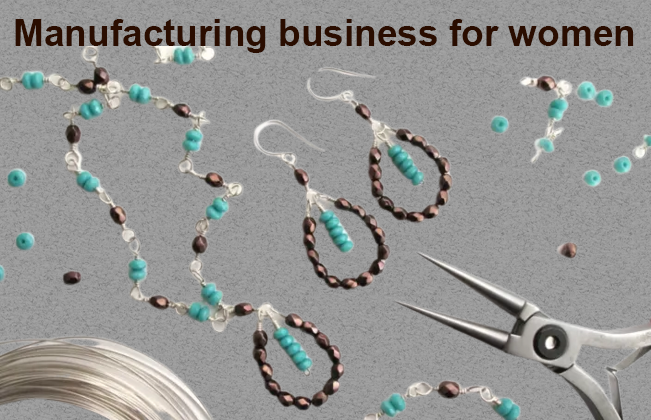Manufacturing businesses are companies that transform raw materials into finished products. These businesses are responsible for producing the goods that we use on a daily basis, ranging from food products to cars and electronics. The manufacturing sector is a critical component of most economies, providing employment opportunities and contributing to economic growth.
Manufacturing businesses typically involve a variety of processes, from designing and prototyping new products to sourcing raw materials, producing and assembling components, and distributing finished products to customers. The manufacturing process can involve a range of specialized machinery and equipment, including production lines, CNC machines, welding and cutting tools, and material handling equipment.
One of the key advantages of manufacturing businesses is that they have the ability to create products at scale. This means that they can produce large quantities of products efficiently and cost-effectively, which can help to lower prices and make products more affordable for consumers. Manufacturing businesses can also benefit from economies of scale, which means that as they produce more units, their costs per unit decrease.
Manufacturing businesses are found in a wide range of industries, including aerospace, automotive, electronics, food and beverage, pharmaceuticals, and many others. The specific manufacturing processes and technologies used can vary significantly depending on the industry and the products being produced.
One of the biggest challenges for manufacturing businesses is to maintain high levels of quality control. This is essential to ensure that the products they produce are safe, reliable, and meet customer expectations. Quality control can involve a range of activities, including testing raw materials, monitoring production processes, and conducting final inspections before products are shipped to customers.
Another important consideration for manufacturing businesses is to ensure that they have an efficient and effective supply chain. This involves managing the flow of materials and components from suppliers, through production processes, and out to customers. A well-designed supply chain can help to reduce costs, improve quality, and ensure that products are delivered on time and to the right place.
In recent years, there has been a growing focus on sustainability in manufacturing. This has led to an increased emphasis on reducing waste, minimizing energy consumption, and using environmentally friendly materials and processes. Many manufacturing businesses are also exploring ways to incorporate renewable energy sources, such as solar or wind power, into their operations.
The use of technology is also transforming the manufacturing sector. Advances in automation and robotics are helping to streamline production processes and reduce costs. Many manufacturing businesses are also adopting Industry 4.0 technologies, such as the Internet of Things (IoT) and artificial intelligence (AI), to improve efficiency and create new products and services.
One of the biggest trends in manufacturing is the move towards mass customization. This involves producing customized products on a large scale, using digital technologies such as 3D printing and computer-aided design (CAD). Mass customization allows manufacturing businesses to offer a wider range of products to customers while maintaining the benefits of scale and efficiency.
In conclusion, manufacturing businesses play a critical role in modern economies, producing the goods that we use on a daily basis. These businesses face a range of challenges, including maintaining quality control, managing supply chains, and incorporating sustainable practices. However, advances in technology and new trends such as mass customization are creating new opportunities for manufacturing businesses to innovate and grow.
![]()





